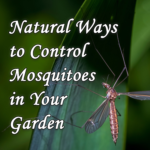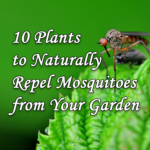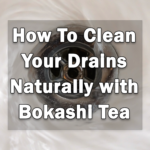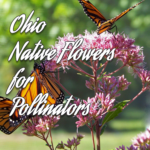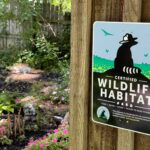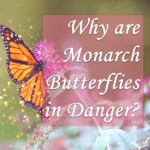
Monarch butterfly populations are in rapid decline. Find out why these iconic butterflies are in danger, and what you can do to save them.
Monarch butterflies are important pollinators in our ecosystem. Without pollinators, we humans, and most other animals, wouldn’t have much of the food we rely on for survival. Pollinators such as monarch butterflies are a vitally important part of the food chain. Butterflies are important indicators of the overall health of the environment and ecosystem where they reside.
Additionally, monarch butterflies are considered a “flagship” species for conservation. This means that they are a well-known, well-liked, and easily recognizable species that people are more willing to get involved with conserving. These butterflies help to get people involved in efforts to protect and restore habitats, which benefits not only monarchs, but other pollinators as well. Simply put, these butterflies inspire people to help protect the environment.
Unfortunately, these iconic pollinators are in danger, in no small part due to human influence. Because of human activities such as agriculture, pesticide use, urban development, and pollution leading to climate change, monarch butterfly populations are in rapid decline. Here are some of the biggest threats faced by monarch butterflies, and what we can do to help them before it is too late.
Read the rest…



